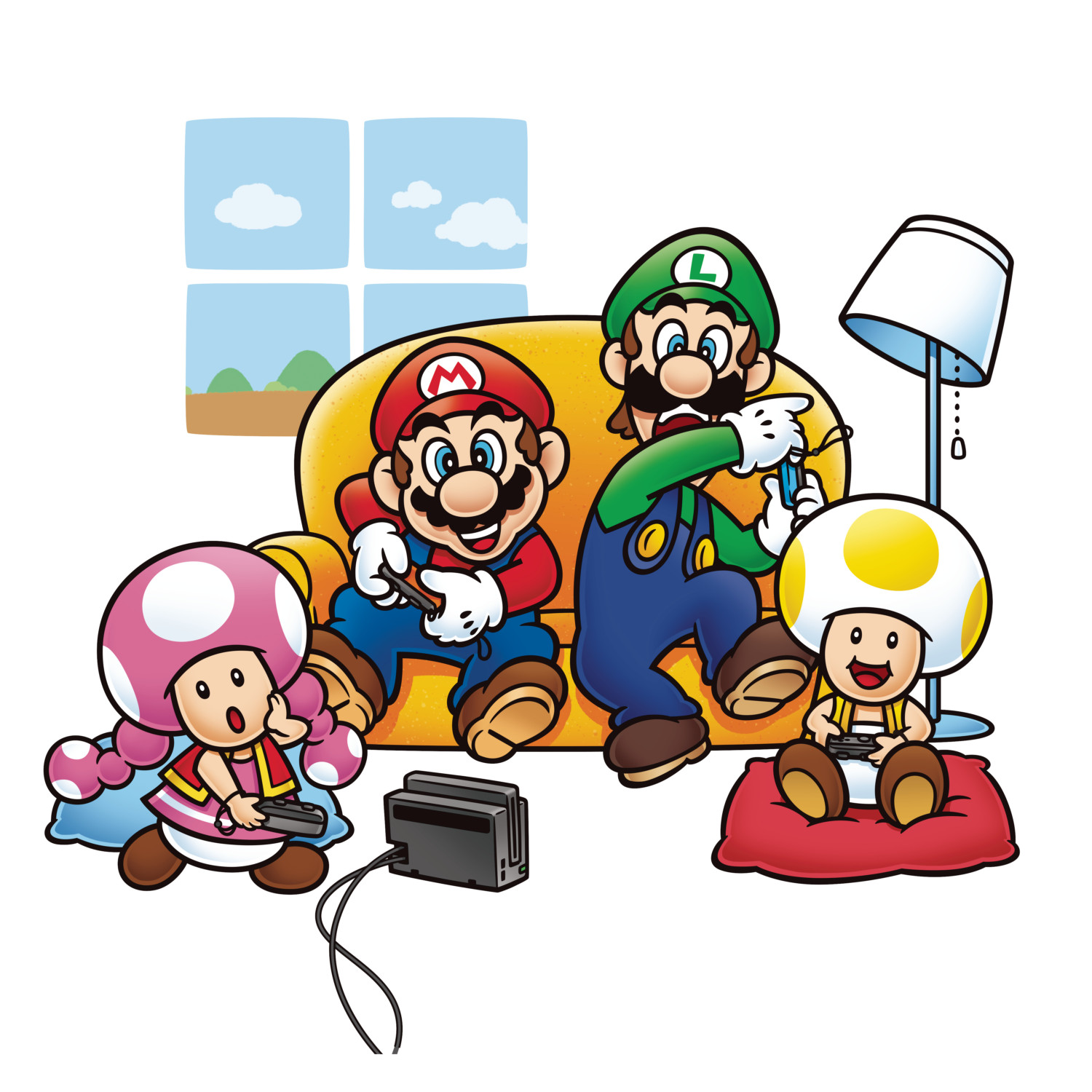
Brain Training Developers Explain Why They Brought Back The Series On Switch
Earlier this week, Nintendo published an interview with Dr. Ryuta Kawashima and the developers of Dr. Kawashima’s Brain Training on Nintendo Switch, where they explained how the series came to return on the Nintendo Switch.
Dr. Kawashima was joined in the interview by producer Kouichi Kawamoto and director Kenta Kubo, where they revealed that Brain Training on Switch was developed as a successor of sorts to Brain Age on the DS, after many of the series’ fans asked when the next one was coming out.
Check out what they had to say below (translated via Siliconera):
How did development of the game begin?
Kouichi Kawamoto, producer: “Personally, the reason I began the project was because, for some reason, some of my acquaintances who didn’t know I was in charge of the DS Brain Age were saying that they wanted to play Brain Age again. However, the DS game has many outdated elements nowadays, so I can’t recommend it, so I thought that we should bring it to the latest platform.”
Kenta Kubo, director: “Since Brain Age: Concentration Training, I’ve still been discussing proposals with Dr. Kawashima… and around two years ago, I spoke to Kawashima, and said that “We’re thinking of a Brain Age game for the Nintendo Switch.”
Dr. Kawashima: “During seminars, I’m asked by those who played Brain Age on DS, “What game is coming next?”
However, it’s sad that those people would say that they were really into the game in past tense. And then, I’d ask further, and it would turn out that those people who played the game with their kid back then are beginning to reach that age… The age where you start forgetting things.”
Dr. Kawashima’s Hopes for the Switch game
Dr. Kawashima: “What’s important is ‘continuation’.
This is something not just about Brain Age but games in general must deal with. Aren’t there a lot of games where you play it once and then stop playing? As a specialist in this field, I want players to continue their brain training for extended periods.
To do so, we’ll let them form groups, and have them play the game among their friends. That way, even when their brain age shows they are 20 years old (in the Brain Age series, 20 is the youngest you can go), you might have situations where one person wasn’t able to surpass the time set by their girlfriend… (laughs) Our research up until now has proven that doing brain training with others affects how long people continue with it quite clearly. Competing with others is an effective way to have players continue on for even over 10 years.”
What do you think? Let us know in the comments.
